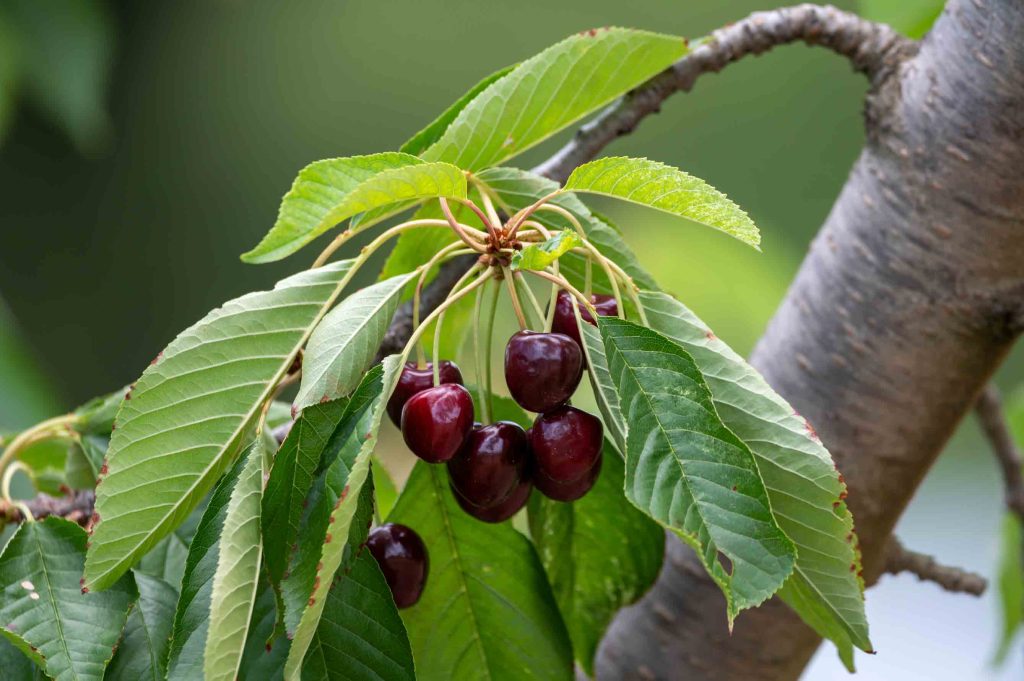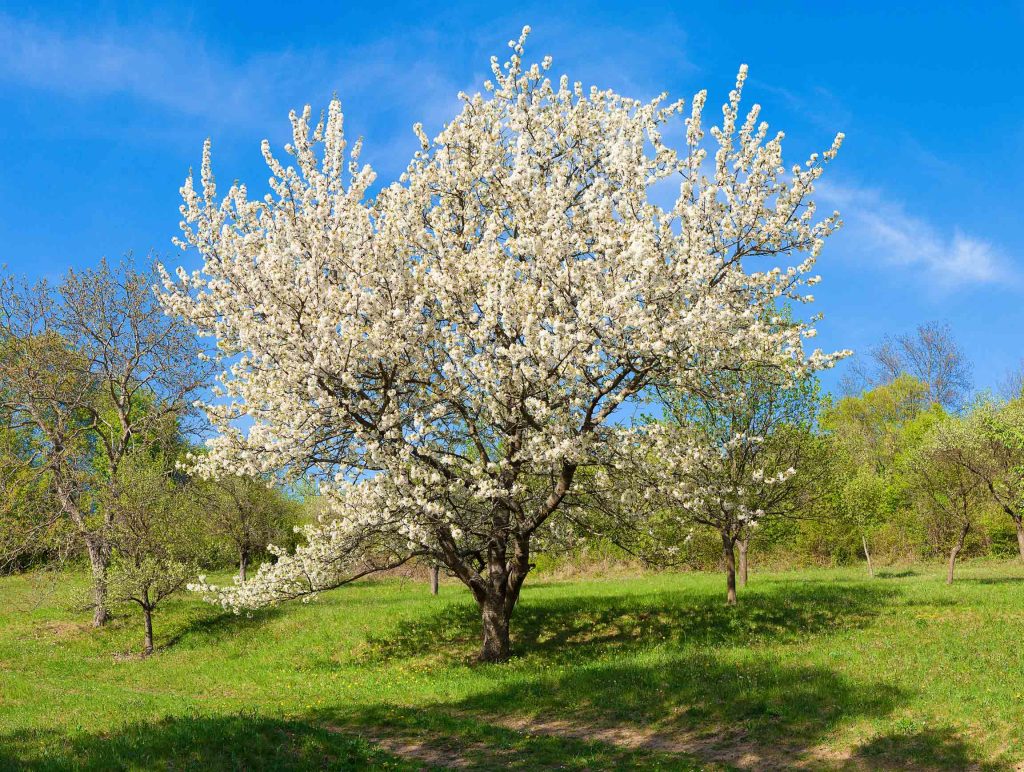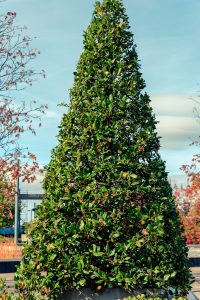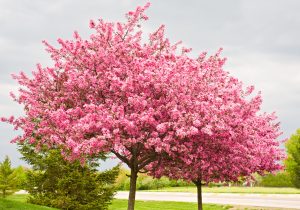The Role of Black Cherry in Maryland’s Ecosystems and Landscapes
The Black Cherry (Prunus serotina) is a common native tree in Maryland, valued for its fast growth, dark aromatic bark, and clusters of small edible fruits. While it plays an essential ecological role, supporting pollinators and wildlife, its rapid growth and susceptibility to disease mean it benefits greatly from regular professional oversight when incorporated into residential properties.

Growth and Habitat Preferences
Black Cherry trees grow quickly, often reaching 40 to 60 feet in height. They thrive in open woodlands, along fencerows, and in residential areas with full sun and well-drained soils. Their rapid growth makes them useful for quick shade and early successional landscapes, but also results in softer wood that can be prone to breakage during storms.
Seasonal Interest and Wildlife Benefits
The Black Cherry’s fragrant spring flowers attract bees and butterflies, while its small black cherries provide food for songbirds, mammals, and game species. Its dark, scaly bark adds textural interest year-round, contrasting well with lighter-barked species in mixed plantings.
Pests, Diseases, and Management Needs
Tent caterpillars, borers, and fungal leaf spots frequently affect Black Cherry trees, weakening them and impacting their ornamental value. Root and trunk decay fungi can also become problems in older or stressed trees, leading to structural instability.
Professional care, including structural pruning, pest monitoring, and health evaluations, helps mitigate these issues. Removal of declining or hazardous trees also ensures property safety while preserving surrounding vegetation.
Black Cherry as a Managed Landscape Tree
The Black Cherry provides significant ecological benefits and can be a beautiful, functional addition to Maryland landscapes when monitored closely. Professional care allows homeowners to enjoy its benefits without the risks posed by unmanaged growth or disease.
For expert advice on Black Cherry care, visit Prestige Tree Experts or call 240.281.3334.





